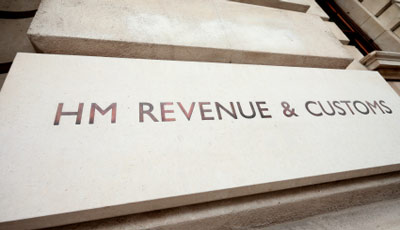New HMRC Anti-Avoidance Rules Could Trigger Insolvencies

A wave of insolvencies could be triggered when HM Revenue and Customs (HMRC) gets the power to force those who have used tax avoidance schemes to pay the disputed money upfront, accountancy firm Moore Stephens has warned.
David Elliott, Restructuring Partner at Moore Stephens, said: “Receiving a demand to make upfront payment of tax could put some taxpayers under financial strain, and in the very worst cases, could even trigger personal bankruptcies or personal insolvencies before the technical merits of the arrangement have been tested. Even a remote prospect of being made bankrupt could mean that taxpayers feel under pressure to settle disputed cases rather than take an appeal to the courts.”
The new “accelerated payment” rules, due to enter into force this month, will mean that HMRC does not have to wait for the outcome of a tax tribunal ruling before it takes action to claw back lost revenue. The requirement to pay upfront will apply retrospectively to any dispute which is ongoing on the day the rules come into force if the tax planning scheme in question has been notified to HMRC under the Disclosure of Tax Avoidance Scheme (DOTAS)
Taxpayers will be able to make representations to HMRC over the issue, but there will be no independent appeal against HMRC’s final decision. The Treasury estimates that 33,000 individuals and 10,000 businesses will potentially be affected. Payment could be due as early as this October, and penalties will apply for late payment.
Moore Stephens explained that businesses hit with an accelerated payment notice may already be facing a “contingent liability,” meaning that any dividends taken out of the business by its shareholders ahead of the request for money could later be deemed illegal and therefore repayable. This would see the liability for payment pass from the company to the relevant shareholders.
Reacting to Moore Stephen’s claims, David Ingall, former president of the UK200Group of independent accountancy and law firms, said: “Undoubtedly these new powers will create cash flow problems for those who have used avoidance schemes in this way. Those who undertook the schemes before the new regulations were introduced will probably be those most badly affected, but they will have been badly advised if they did not keep reserves in hand in case they lost their claim.”
Source: tax-news





























